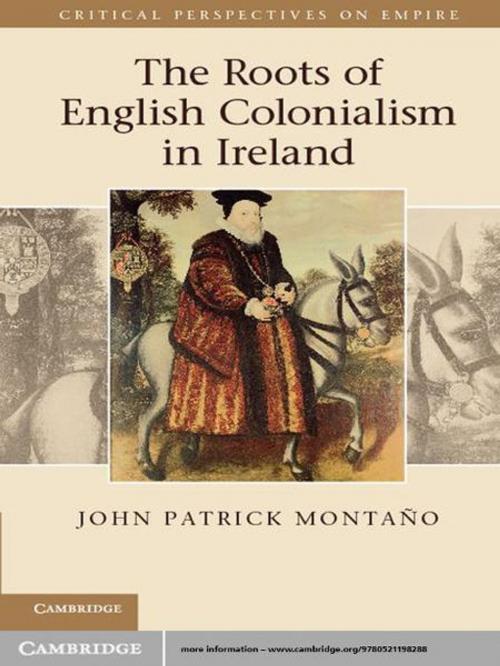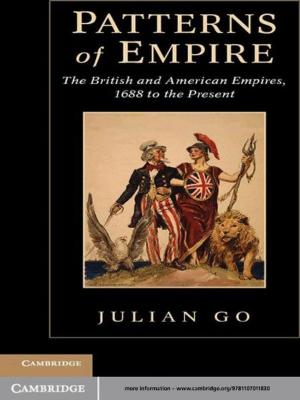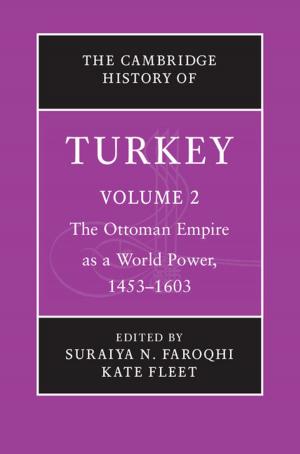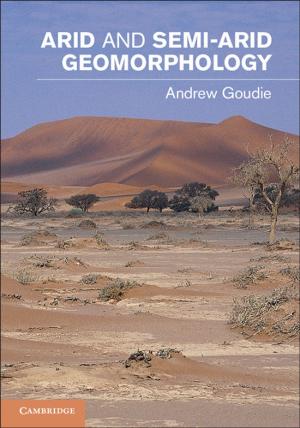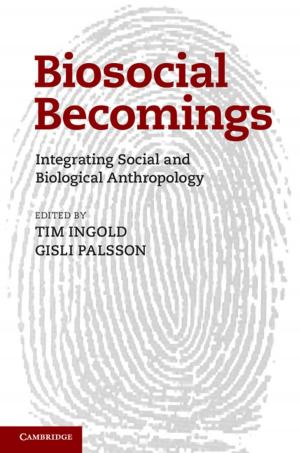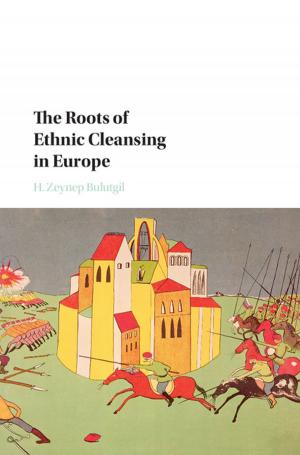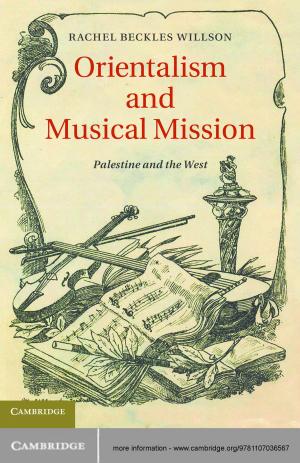| Author: | John Patrick Montaño | ISBN: | 9781139234115 |
| Publisher: | Cambridge University Press | Publication: | August 11, 2011 |
| Imprint: | Cambridge University Press | Language: | English |
| Author: | John Patrick Montaño |
| ISBN: | 9781139234115 |
| Publisher: | Cambridge University Press |
| Publication: | August 11, 2011 |
| Imprint: | Cambridge University Press |
| Language: | English |
This book is a major study of the cultural foundations of the Tudor plantations in Ireland and of early English imperialism more generally. John Patrick Montaño traces the roots of colonialism in the key relationship of cultivation and civility in Tudor England and shows the central role this played in Tudor strategies for settling, civilising and colonising Ireland. The book ranges from the role of cartography, surveying and material culture - houses, fences, fields, roads and bridges - in manifesting the new order to the place of diet, leisure, language and hairstyles in establishing cultural differences as a site of conflict between the Irish and the imperialising state and as a justification for the civilising process. It shows that the ideologies and strategies of colonisation which would later be applied in the New World were already apparent in the practices, material culture and hardening attitude towards barbarous customs of the Tudor regime.
This book is a major study of the cultural foundations of the Tudor plantations in Ireland and of early English imperialism more generally. John Patrick Montaño traces the roots of colonialism in the key relationship of cultivation and civility in Tudor England and shows the central role this played in Tudor strategies for settling, civilising and colonising Ireland. The book ranges from the role of cartography, surveying and material culture - houses, fences, fields, roads and bridges - in manifesting the new order to the place of diet, leisure, language and hairstyles in establishing cultural differences as a site of conflict between the Irish and the imperialising state and as a justification for the civilising process. It shows that the ideologies and strategies of colonisation which would later be applied in the New World were already apparent in the practices, material culture and hardening attitude towards barbarous customs of the Tudor regime.
